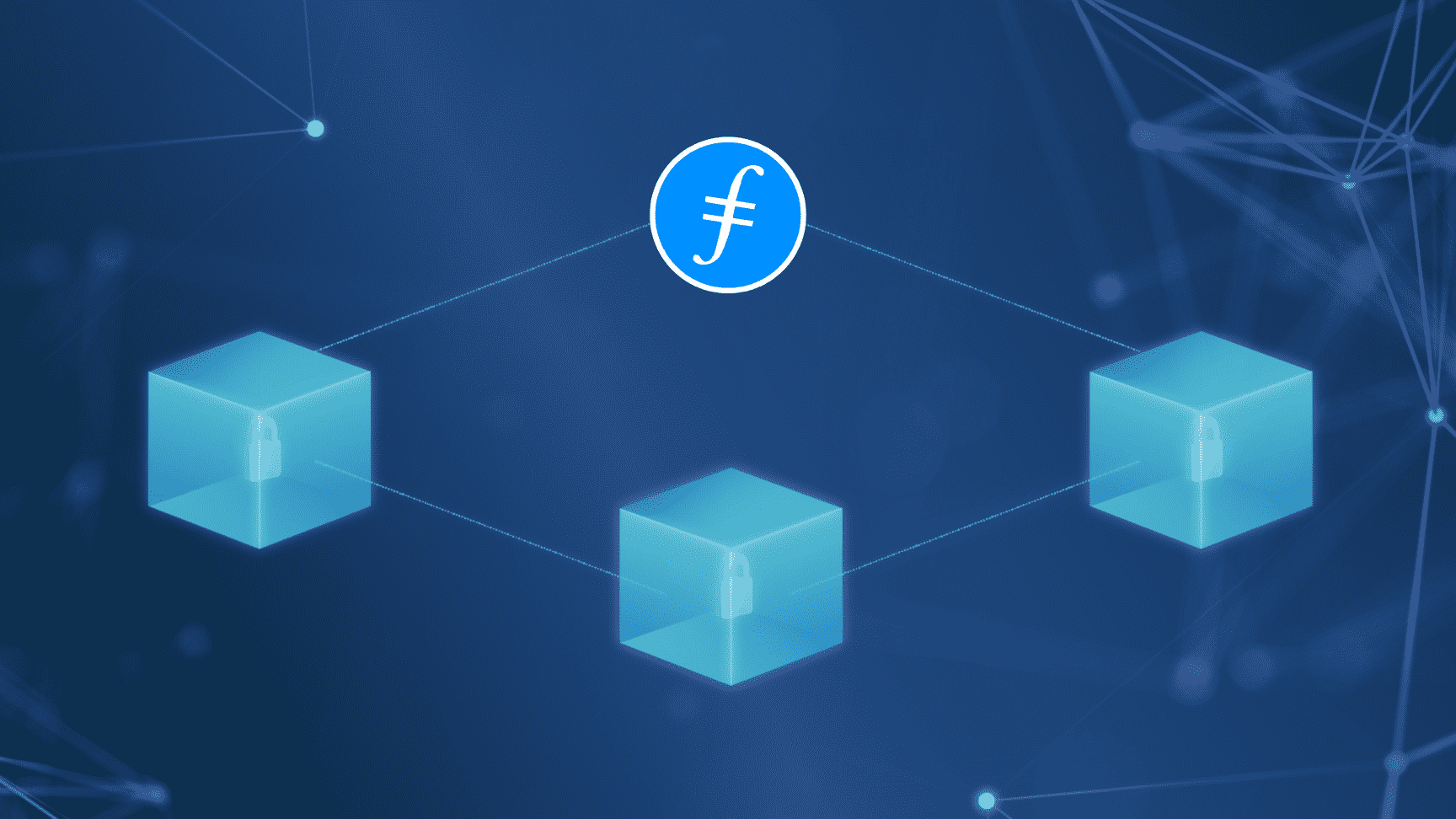180Protocol: Confidential Cloud Computing with Decentralized Storage
The largest barrier to Web3 enterprise and broader adoption of blockchain technology is the risk of exploitation of sensitive data; either the risk of data leakage, its use to disadvantage the owner commercially, or the risk that its inherent value is captured by an actor other than its owner. The result is an enormous amount of trapped value.
A solution to this problem is 180Protocol, a modular software protocol offering confidential computing for the cloud and building the infrastructure for private Data Unions. A Data Union is a collaboration between data providers to aggregate data for specific commercial goals. Private Data Unions mobilize data ensuring privacy via confidential computing and rewards, including via token enabled networks.
180Protocol offers a modular toolkit enabling customizable solutions and the strategic adoption of decentralized technologies. With 180Protocol’s technology, users can unlock market intelligence via sensitive data on which the future of enterprise can be built. For example, decentralized B2B or B2C marketplaces can leverage these enhanced insights enabling more opportunity and greater value potential for the benefit of all.
The 180Protocol Story
The project was spun out of University of Cambridge, a lead investor in the team, as a fintech business. Having operated as a Fintech for 2 years, 180Protocol was designed to solve the problems encountered, specifically the challenge of obtaining sensitive client data. Since then, the project’s GitHub has seen steady engagement since launch with many clones from its repo on a weekly basis.
The team behind 180Protocol has taken part in various accelerators including F10, Outlier Ventures Base Camp and Ascent Programs. It is also a part of R3’s corporate development program. 180Protocol has partnerships/key relationships with BrightUnion, a crypto insurance firm; Chainstack, an infrastructure provider and partner; Anjuna, for confidential computing; and R3, as blockchain and confidential technology. Additionally, the team is supported by Bond180 as tech providers to 180Protocol.
Filecoin’s Role
The principal motivation for 180Protocol’s use of Filecoin and IPFS is to diminish absolute reliance on incumbent centralized storage providers for its clients. Having a decentralized storage solution that guarantees persistence and availability is of value as the adoption of decentralized technologies accelerates.
Furthermore, with the upcoming Filecoin VM, 180Protocol can program smart contracts that make storage deals more efficient and economical for Union members. 180Protocol’s involvement with Filecoin is an opportunity to introduce confidential computing into the ecosystem. While still early in our integration process, 180Protocol has expansive plans to leverage the programmability of Filecoin’s VM and unique primitives to power:
- Verifiable storage of inputs and outputs from data unions;
- A rewards engine to calculate appropriate incentivisation for sharing of sensitive data sets;
- The formation of a Data DAO leveraging the upcoming Filecoin VM.
The Road Ahead
180Protocol launched the alpha version of the AggregatorSDK in January this year. The AggregatorSDK allows developers to quickly build private data unions and leverage confidential computing to aggregate and transform private data sets as well as calculate rewards for data providers. The project has also launched a number of example use cases and a competition to engage its developer community.
The 180Protocol team is excited to push forward on a number of paths, including:
- Enabling Filecoin storage provider’s to use confidential computing
- Support computation on encrypted data stored on Filecoin
- Creating a sensitive data computation framework for the Filecoin ecosystem, including with FIL as the network token
- Possible creation of a native 180Token on the Filecoin VM, designed to facilitate decentralized enterprise, with a focus on B2B and B2C use cases
The solution will soon be tested with sample Data Unions to test out the solution at scale. A mainnet launch will be following a successful testnet and further product improvements.
To learn more about 180Protocol watch this introductory video. You can also stay in the loop about upcoming developments by joining the community on Telegram, Twitter, or LinkedIn.

